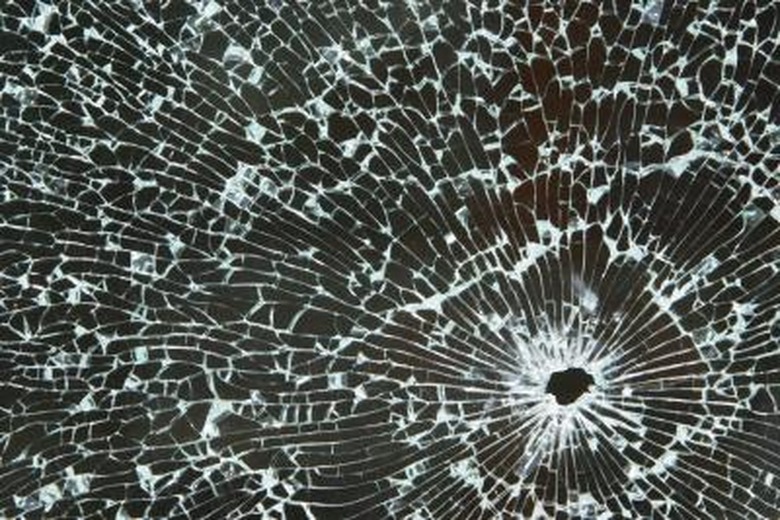What Is Lexan Glass?
Lexan is not glass, but a polycarbonate resin thermoplastic. It is strong, transparent, temperature-resistant and easily formed, so is commonly used in place of glass.
Forms
Forms
Lexan is available in solid sheets, as thin film and as an unformed resin.
Properties
Properties
Lexan can withstand boiling as well as temperatures to -40 degrees, making it useful for kitchenware and electrical appliances. It is also highly impact-resistant, making it useful in safety glass and auto/aeronautic uses. It transmits light comparably to plain glass.
Amorphous Solid
Amorphous Solid
Lexan is an amorphous solid, meaning it does not have the crystalline structure that most solids have, including salt, metal, diamonds and ice. Amorphous solids are rare and include glass and wax.
Manufacturer
Manufacturer
Lexan is manufactured by SABIC Innovative Plastics, headquartered in Pittsfield, Massachusetts. All providers of Lexan other than SABIC, such as Piedmont Plastics, are authorized distributors.
History
History
Lexan was developed independently in 1953 by engineers at General Electric and the Bayer Company. Because the patent rights were debatable, the companies cross-licensed manufacture.
References
Cite This Article
MLA
Antony, Dan. "What Is Lexan Glass?" sciencing.com, https://www.sciencing.com/lexan-glass-5612189/. 24 April 2017.
APA
Antony, Dan. (2017, April 24). What Is Lexan Glass?. sciencing.com. Retrieved from https://www.sciencing.com/lexan-glass-5612189/
Chicago
Antony, Dan. What Is Lexan Glass? last modified March 24, 2022. https://www.sciencing.com/lexan-glass-5612189/
